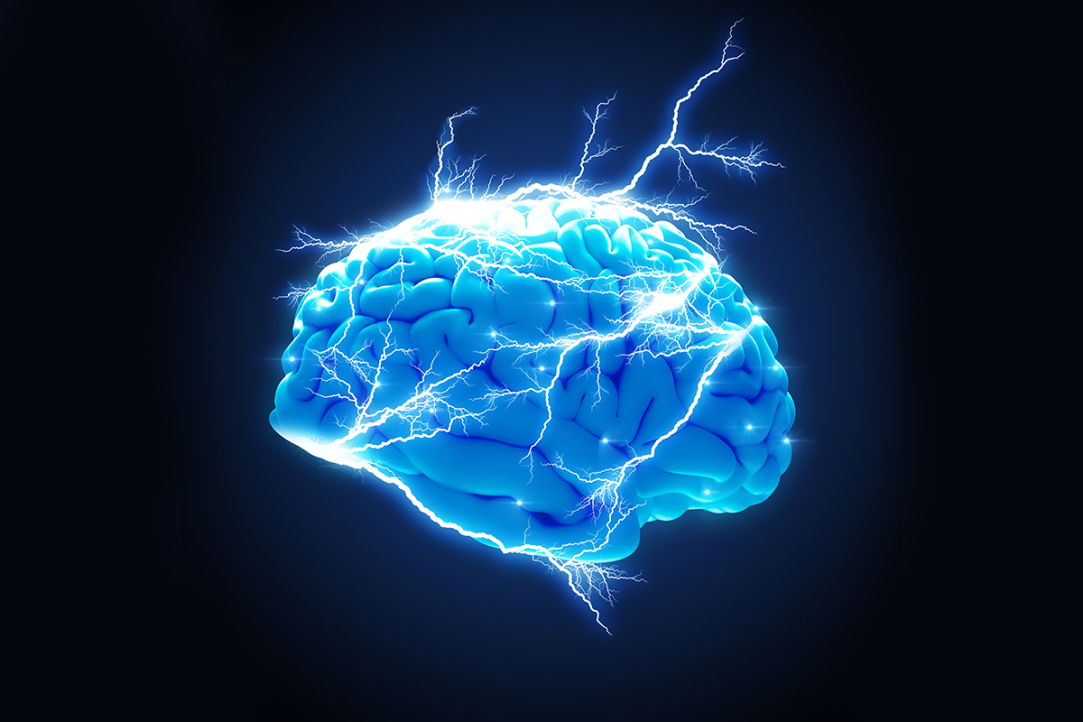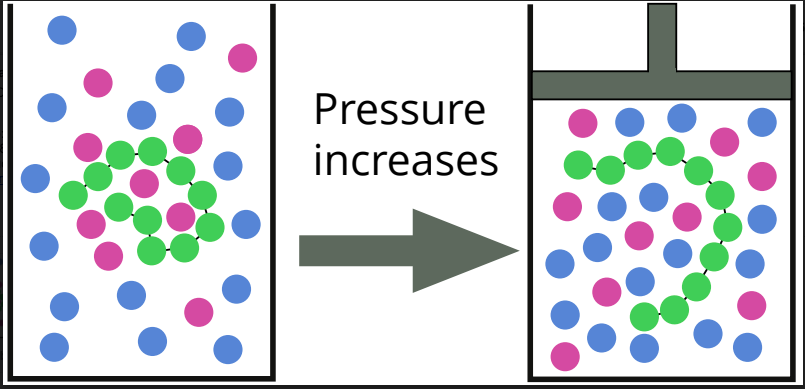
Communisation of Death
Mass graves became a reality of the first decades of Soviet Russia: victims of the revolution, famine, epidemics, political repression, the Civil War and World War II were often buried in common rather than individual graves. Over the centuries, Russians had regarded such practice as unusual and rarely acceptable. Soviet power needed to change popular mentality and give a new meaning to mass burials for both ideological and political reasons. Svetlana Malysheva studied this phenomenon.

Smartphones Сome in Handy for the Rare Cosmic Particles Search
Researchers from the Laboratory of Methods for Big Data Analysis (LAMBDA) at the Higher School of Economics have improved their way of analyzing ultra-high energy cosmic rays (UHECR) with the use of mobile phones. The work has been carried out as part of the CRAYFIS experiment and the results were presented at the 22nd International Conference on Computing in High Energy and Nuclear Physics.
Survival Strategies for Women in a Youth-centric World
The idea of ageing well assumes that a mature individual remains active, healthy, and attractive. Society places this demand on women in particular. HSE researchers have published an article in Ageing & Society that looks at the strategies women over 50 choose.

How Neurotechnologies Impact Risk Appetite
Researchers from the Higher School of Economics have shown that by stimulating the frontal cortex, a person’s financial risk appetite can be increased temporarily. Their article on the cognitive mechanisms of risky decision-making was published in eNeuro, an international peer-reviewed scientific journal published by the Society for Neuroscience.

Scientists Learned to Predict Public Corruption with Neural Networks
Scientists from Higher School of Economics (HSE) and University of Valladolid have developed a neural network prediction model of corruption based on economic and political factors. The results of the research were published in Social Indicators Research.

Co-nonsolvency Explained: Researchers Publish Ground-breaking Findings
Researchers from the Higher School of Economics and the University of Leipzig have created a model which enables the timely and effective prediction of polymer behavior in mixed solvents. This is the first scientific work to explain, using statistical mechanics, the effect of suppression of co-nonsolvency at high pressures. The findings have been published in the journal Soft Matter.

The Soviet Film Revolution
The October Revolution created a new cinema. At first, 'the most important of all arts' struggled to keep up with social transformations and was not yet used as a weapon in the fight for a communist culture. But the mid-1920s, an innovative, cutting-edge film industry had emerged from sources such as theatre, street performance, posters, poetry and circus shows. This industry was able to do what the politicians had failed to achieve, namely trigger a world revolution.

Foreign Investments are Crucial for Positive Return on Exports
Experts at HSE have shown that the foreign direct investment is an important and necessary determinant for positive return on exports. Such companies consequently encounter a higher level of competition in terms of quality and intensity. Research results have been published in the Baltic Journal of Management.

Technological Unemployment
In his book, Rise of the Robots: Technology and the Threat of a Jobless Future, futurist Martin Ford warns of 75% unemployment by 2100, as robots will finally defeat humans and half of all existing occupations will disappear. Should we believe it? Prominent Russian economist and deputy director of the HSE Centre for Labour Market Studies Rostislav Kapeliushnikov does not think so. According to his paper 'Is Technological Change a Devourer of Jobs?'', predictions of a 'labour market apocalypse' with mass loss of jobs caused by technological progress are unfounded.
.jpg)
Experiencing Culture Shock
Conscious decision-making and internalized intentions, as opposed to extrinsic influencing factors, are the key to a student’s successful adaption to life in a foreign country. This was confirmed by research carried out by a group of scientists which included Ken Sheldon, Academic Supervisor and Head of the International Laboratory of Positive Psychology of Personality and Motivation at the Higher School of Economics.


Applications for participation can be submitted until June 20, 2024